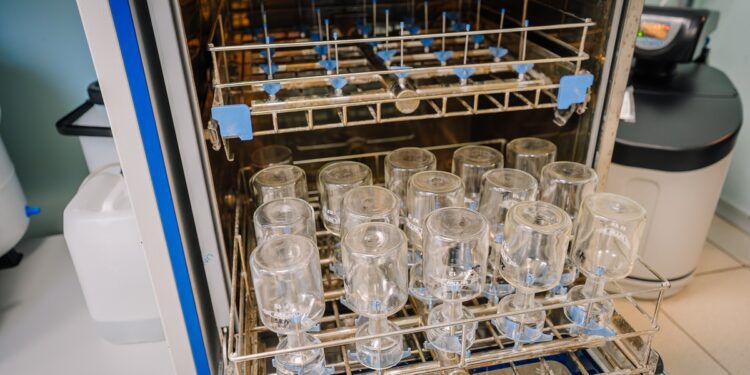Cross contamination is one of the most persistent challenges faced by laboratory professionals. It occurs when one sample comes into contact with a contaminating substance, such as other samples, chemicals, or environmental factors.
This contamination compromises the accuracy of test results, impacts research outcomes, and skews patient diagnoses. Learn how to avoid cross contamination in lab samples to minimize risks and produce accurate results.
Common Sources of Cross Contamination
Understanding where cross contamination originates is the first step in prevention. The most common sources include improper sample labeling, reuse of unsterilized tools, and human error. For instance, improperly cleaning pipettes after use spreads small amounts of a prior sample to the next one.
Additionally, airborne contaminants, such as dust particles or microbes, settle on exposed samples. Even storage methods, like placing incompatible samples together, can inadvertently lead to cross contamination.
Prevention Methods
Preventing cross contamination begins with meticulous sample handling. Always label your samples clearly to reduce mix-ups. When transferring samples, use single-use, sterile tools wherever possible to avoid cross contamination in the lab from prior usage.
Additionally, set up specific work areas for different types of analyses to limit the overlap of procedures and equipment. Document detailed protocols for each task so staff follow them correctly. Adopting these small but significant changes lowers contamination risks, as everyone does their part to keep a sanitized workspace.
Cleaning Protocols
A clean, organized workspace is central to maintaining sample integrity. Follow stringent cleaning protocols for equipment before and after use. Regularly sanitize work surfaces with appropriate disinfectants to remove residual contaminants.
Sterilize reusable tools by autoclaving or applying chemical methods before reuse. For easier sterilization, consider the best type of glass vial for your applications, such as presterilized vials or borosilicate glass vials that handle sterile conditions well. Implement a daily checklist to complete every cleaning procedure and maintain consistency and quality within the lab environment.
Monitoring for Contamination
Constant vigilance is key to early detection of cross contamination. Conduct routine quality assurance checks, including performing control tests and verifying negative controls. Regularly inspect and calibrate equipment for precision.
Some labs also benefit from environmental monitoring to measure airborne or surface contaminants in high-risk areas. Identifying contamination signs prevents the spread of errors and the need to redo entire experiments.
Cross contamination is a preventable but serious issue that disrupts results and wastes valuable resources. Ensure you have proper protocols in place to keep equipment sanitized so it can produce accurate results. Whether you’re conducting groundbreaking research or routine analyses, keeping your lab contamination-free maintains reliability and accuracy.
Take the time to educate your team, audit your processes, and adopt state-of-the-art equipment. The effort you invest in today will safeguard the integrity of your results tomorrow.















